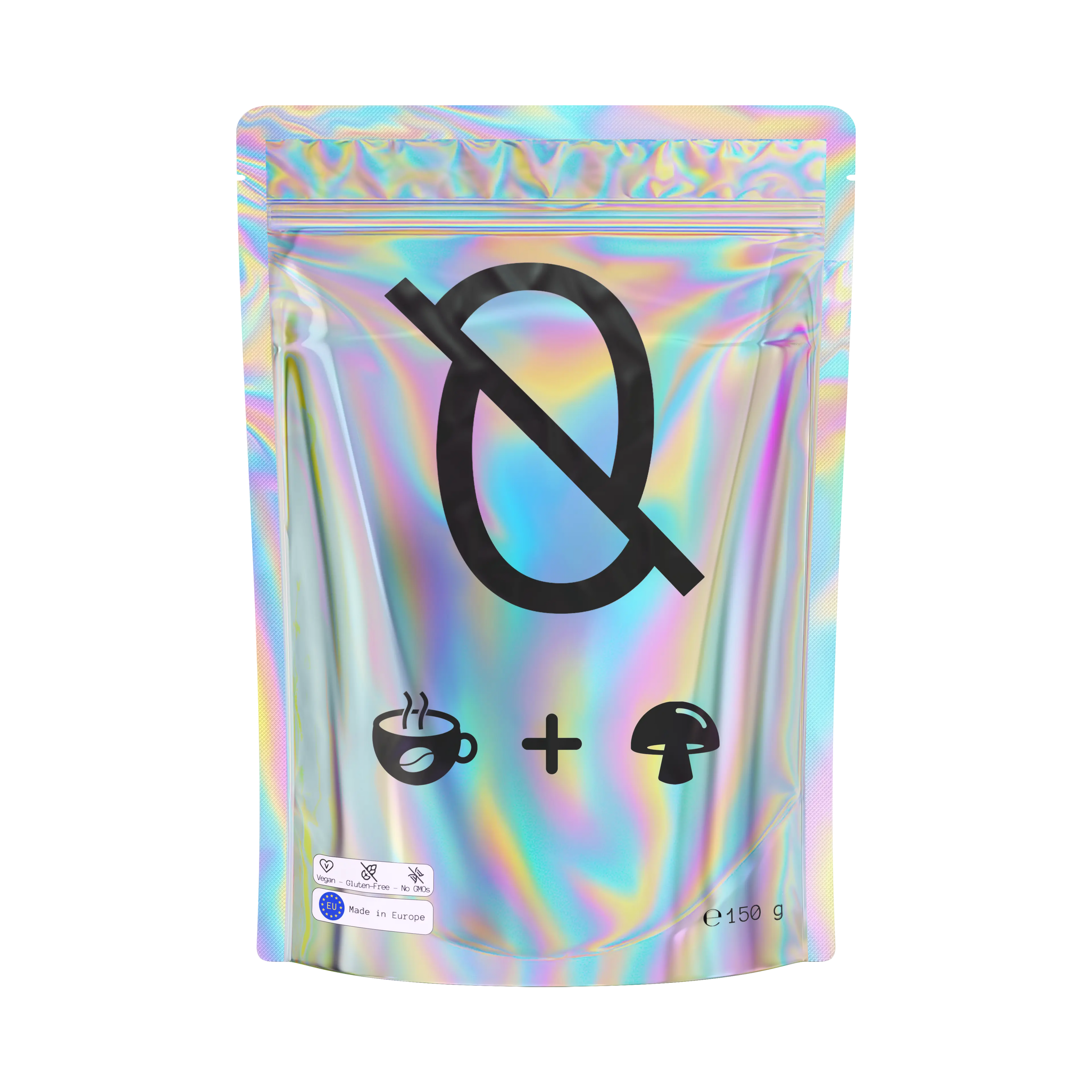
Lion's mane and pregnancy: what you need to know
Lion's mane, scientifically known as Hericium erinaceus, has recently gained popularity for its potential health benefits. This unique mushroom is consumed for various reasons, including improved cognitive function, reduced inflammation, and enhanced immune system function. With an increase in attention around mushrooms like chaga, turkey tail, lion's mane, and reishi, many expectant mothers may wonder how this fascinating fungus could impact their pregnancy. In this article, we will explore the potential effects of lion's mane consumption during pregnancy, including its purported benefits and potential risks.
The Nutritional Profile of Lion's Mane
Before delving into the specific impacts of lion's mane on pregnancy, it is valuable to understand its nutritional content. Lion's mane mushroom contains a variety of nutrients and bioactive compounds that contribute to its overall health properties. Some of these include:
- Polysaccharides. These carbohydrates have antioxidant, anti-inflammatory, and immune-boosting properties.
- Erinacines and hericenones. Both are compounds found exclusively in lion's mane that have been linked to improved brain health and increased nerve growth factor production.
- Amino acids. They play crucial roles in numerous bodily functions, including protein synthesis, hormone regulation, and energy metabolism.
- Vitamins and minerals. Lion's mane contains essential nutrients such as vitamin D, zinc, selenium, and potassium.
Potential Benefits of Lion's Mane During Pregnancy
Cognitive Support
One of the main reasons people consume lion's mane is for its potential cognitive benefits. With the various demands and changes that pregnancy brings, maintaining brain health and reducing stress becomes increasingly important. Lion's mane has been shown to promote neurogenesis (the growth of new neurons) and improve memory, learning capabilities, and overall cognitive function. These properties could be beneficial in helping expectant mothers maintain mental clarity during this critical period.
Anti-inflammatory Effects
Inflammation is a natural part of the body's immune response. However, excessive inflammation can cause harm and contribute to pregnancy complications such as gestational diabetes and preeclampsia. Lion's mane contains compounds such as polysaccharides, which have demonstrated anti-inflammatory properties. This may help reduce inflammation and lower the risk of related health issues during pregnancy.
Immune System Support
A healthy immune system is vital throughout pregnancy to protect both the mother and her developing child from infections and illness. Lion's mane has been found to possess immunomodulatory effects that could support a balanced and robust immune system. It helps increase the production of certain immune cells while also regulating inflammatory responses. This combination can contribute to a stronger defense against pathogens and enhance overall health during pregnancy.
Potential Risks Associated with Lion's Mane Consumption During Pregnancy
Allergic Reactions
Although lion's mane is considered generally safe for consumption, it is possible for certain individuals to develop an allergic reaction. Symptoms of an allergic reaction could range from mild discomfort such as itching, skin irritation, or digestive distress to severe reactions like difficulty breathing or anaphylaxis. If you are pregnant and concerned about potential allergies, it is crucial to consult with your healthcare provider before introducing lion's mane into your diet.
Lack of Established Safety Guidelines for Pregnant Women
While lion's mane has shown promising health benefits in various studies, there is a significant lack of research specifically addressing its safety during pregnancy. Most existing studies have been conducted on animals or non-pregnant individuals, making it difficult to draw conclusions about its effects on pregnant women and their babies. Without more conclusive evidence, healthcare providers may hesitate to recommend lion's mane supplementation as part of a prenatal wellness plan.
Potential Drug Interactions
Lion's mane may interact with certain medications, including blood thinners and antiplatelet drugs. Some expectant mothers may be taking these medications to manage pregnancy-related health concerns. Therefore, consuming lion's mane without consulting a healthcare provider could pose risks related to potential drug interactions and unintended side effects.
Consulting Your Healthcare Provider
Given the limited research available on lion's mane consumption during pregnancy, it is essential to consult your healthcare provider before incorporating this mushroom into your diet. Establish open communication with your healthcare provider to discuss your lifestyle preferences and any concerns you may have related to supplements like lion's mane. Together, you can make informed decisions regarding supplement use during your pregnancy journey.
Alternative Sources of Nutrients Found in Lion's Mane
If your healthcare provider recommends avoiding lion's mane during pregnancy, you can still gain many of the same nutrient benefits from alternative sources. Here are some food options rich in similar nutrients found in lion's mane:
- For polysaccharides: Oats, barley, and seaweed offer natural antioxidant and immune-boosting properties.
- For amino acids: Lean meats, legumes, dairy products, nuts, and seeds provide essential amino acids for overall health.
- For vitamins and minerals: Leafy greens, fruits, whole grains, and fortified products can supply important nutrients needed for a healthy pregnancy.
In conclusion, while lion's mane offers a range of potential health benefits, more research is needed to establish its safety during pregnancy. Expectant mothers should consult their healthcare providers before introducing this or any other supplement into their diet to ensure the well-being of themselves and their developing child.
0 comments
Disclaimer
The information in this article is for educational and informational purposes only. If this article discusses psychedelics, supplements, or wellness practices, it is not intended to promote, endorse, or encourage illegal activities or unverified health claims.
n0glitch does not sell or distribute psychedelic substances and does not provide medical, legal, or professional advice. Always consult a qualified healthcare provider before making health-related decisions.
Laws regarding psychedelics and supplements vary by country and region. Please research and comply with local regulations.













